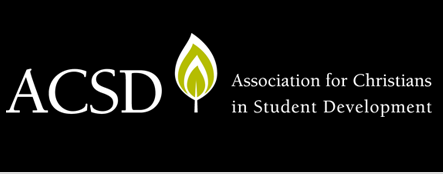Home > Other Collections > ACSD > Growth > No. 12 (2013)
Abstract
The subject of spirituality in higher education is a difficult one to address. Highly diffuse, the term spirituality is attributed to a wide range of activities, beliefs and general dispositions such as humility or a strong sense of purpose (Winterowd, Harrist, Thomason, Worth, & Carlozzi, 2005). As a dependent variable, spirituality is difficult to measure effectively. Recent research has attempted to more carefully measure aspects of spirituality as a distinct construct separate from religiousness or religious activity (Astin, Astin, & Lindholm, 2011). Decades of research indicate that college affects a religious decline and disaffiliation with traditional religious practices. More nuanced investigations indicate that students enter college with significant spiritual interest (Lindholm, 2007), and the college experience allows for active exploration and redefinition of spirituality though this process can be a turbulent one (Cherry, DeBerg, & Porterfield, 2001; Winterowd, et al., 2005). However, before reviewing the approaches to date, it is helpful to understand why researchers have a growing interest in understanding the effect of college on students’ spirituality.
Recommended Citation
Gleason, Paul
(2013)
"Exploring Spirituality as a Research Agenda,"
Growth: The Journal of the Association for Christians in Student Development: Vol. 12:
No.
12, Article 6.
Available at:
https://pillars.taylor.edu/acsd_growth/vol12/iss12/6
Included in
Educational Assessment, Evaluation, and Research Commons, Educational Leadership Commons, Higher Education Commons, Higher Education Administration Commons, Teacher Education and Professional Development Commons

